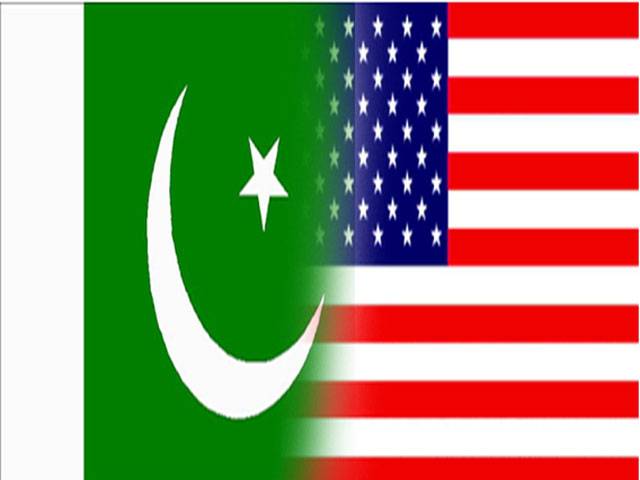RAWALPINDI - Fatigued by a series of diplomatic crises over the past year, the United States and Pakistan are redefining their troubled relationship, stepping back from the assumption that common goals and shared interests can trump mutual suspicion, reports Washington Post on Monday.
It said for Pakistan that means less cooperation with Washington and willingness, and in some cases eagerness, to swear off some of the American financial aid that often made Pakistan feel too dependent, and too pushed-around. For the US, it means lower expectations in several areas, including the crucial question of Pakistani help in ending the war in next-door Afghanistan.
The Post said overall it could be the biggest change in a decade in a relationship that has been a mainstay of US military and counterterrorism policy since the 9/11 terror attacks.
Both the US and Pakistani officials say the November killing of 24 Pakistani soldiers in a Nato airstrike and Washington’s refusal to outright apologize for the deaths has been a game changer in a relationship characterized by mistrust and mutual acrimony.
In the United States, civilian and military officials have called the friendly fire incident a tragedy caused by mistakes on both sides, but insist that Pakistan fired first. Pakistan denies that and has called the airstrike an unprovoked attack. Pakistan’s loud and angry reaction has, if anything, hardened attitudes in Congress and elsewhere that Pakistan is untrustworthy or ungrateful.
A senior Obama administration official conceded that the deaths made every aspect of US cooperation with Pakistan more difficult, and that the distance Pakistan has imposed may continue indefinitely. The official, like most others interviewed for this story, spoke on condition of anonymity because of the sensitivity of ongoing discussions.
Pakistan has already stopped billing the US for its anti-terror war expenses under the 10-year-old Coalition Support Fund, set up by Washington after the 9/11 attacks to reimburse its many allies for their military expenses fighting terrorists worldwide and touted by the US as a success story.
“From here on in we want a very formal, business-like relationship. The lines will be drawn. There will be no more free runs, no more interpretation of rules. We want it very formal with agreed-upon limits,” military spokesman Gen. Athar Abbas said in an interview.
Both the US and Pakistani officials expect more fallout, most likely in the form of additional tolls or taxes on NATO supplies into Afghanistan through Pakistan. There could also be charges for use of Pakistani airspace, said some officials in Pakistan.
Saturday, April 20, 2024
Pakistan-America relations at lowest ebb

Pak economy improving, funds will be provided on request: IMF
9:57 PM | April 19, 2024
Minister advocates for IT growth with public-private collaboration
9:57 PM | April 19, 2024
Judges' letter: IHC seeks suggestions from all judges
9:55 PM | April 19, 2024
Formula 1 returns to China for Round 5
9:05 PM | April 19, 2024
Germany head coach Julian Nagelsmann extends contract till 2026 World Cup
9:00 PM | April 19, 2024
A Tense Neighbourhood
April 19, 2024
Dubai Underwater
April 19, 2024
X Debate Continues
April 19, 2024
Hepatitis Challenge
April 18, 2024
IMF Predictions
April 18, 2024
Kite tragedy
April 19, 2024
Discipline dilemma
April 19, 2024
Urgent plea
April 19, 2024
Justice denied
April 18, 2024
AI dilemmas unveiled
April 18, 2024
ePaper - Nawaiwaqt
Advertisement
Nawaiwaqt Group | Copyright © 2024





